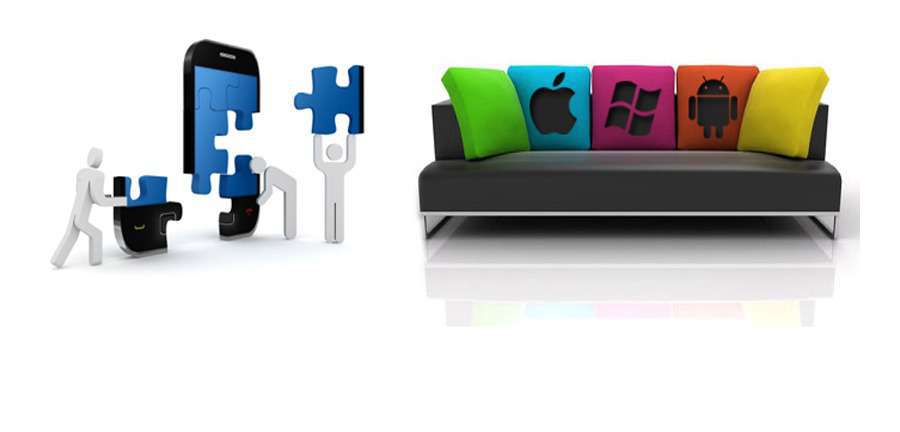Mobile searches and purchases are one the rise and don’t seem to stop. According to IBM Retail purchases by mobile have increased by 34 percent last year. It seems only natural to build a mobile application to always be in customer’s pocket. Being mobile helps retailers keep margins higher, reach more customers and increase loyalty. However, it’s not an easy task even for top retailers to release apps for 3 platforms and keep them up to date.

written by:
Anton Rykov
Product Manager, Qulix Systems
Mobile searches and purchases are one the rise and don’t seem to stop. According to IBM Retail purchases by mobile have increased by 34 percent last year. It seems only natural to build a mobile application to always be in customer’s pocket. Being mobile helps retailers keep margins higher, reach more customers and increase loyalty. However, it’s not an easy task even for top retailers to release apps for 3 platforms and keep them up to date.
Development of 3 separate solutions for iOS, Android and WinPhones takes time and efforts. That’s why retailers are discovering the potential of hybrid apps, which is one JavaScript solution for all mobile platforms.
The core benefit of Hybrid Apps is the same functionality at up to 3 times lower price range.
This functionality can be easily developed with Apache Cordova and its plug-ins. This technology enables to deliver apps that are no different from native apps in terms of performance and services.
Hybrid apps are often criticized for low performance on older smartphones, but modern devices will not experience these problems thanks to new productive hardware.
Despite the hardware progress of the recent years, still there are restrictions of hybrid app functionality. Rich media and interactive applications with ‘heavy’ animation and graphics (e.g. games) should be developed as native – hybrid app will work with delays.
The more sophisticated functionality you would like to squeeze into a cross-platform application, the more likely it is to suffer from poor performance.
However cross-platform solution will cope with pragmatic goals like to increase sales via mobile devices, boost customer loyalty by encouraging repeat purchase, or lead clients to the physical store.
Here is a list of possible features a retailer would like to have in their apps:
- Online shop
- Store locator
- News and trends
- Point collecting
- Reviews and FAQs
- Personal area
Why it makes sense for a retailer to develop hybrid application:
- It’s a budget-friendly way to go mobile, understand whether your business idea is viable. After the kick-off, you can improve the app its UI, performance, and functionality.
- Smaller retailers would struggle to fix bugs, maintain code and content for 3 different platforms. One JavaScript is easier to polish and update.
- Convenient content management and A/B testing
If you are a small/mid-size retailer who wants to build an application with simple functionality cross-platform app can be a cost-effective way out.

Contacts
Feel free to get in touch with us! Use this contact form for an ASAP response.
Call us at +44 151 528 8015
E-mail us at request@qulix.com




